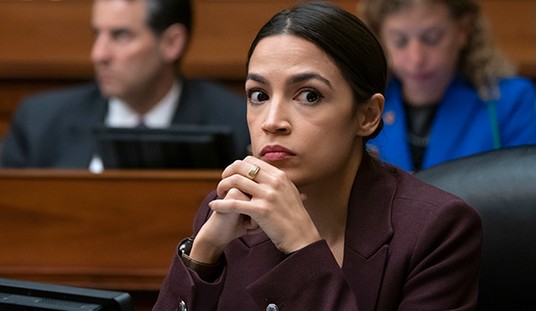President Donald Trump's decision to impose tariffs on imported steel and aluminum may be the most dangerous thing he has done since assuming office -- and that is a high standard, given his many reckless policies. The president made the decision at a hurriedly put together White House meeting in which he invited CEOs from the nation's biggest producers, despite warnings from his own economic advisers that the plan could be dangerous, and without the usual preparation for detailing how the policy would be implemented. The stock market reacted swiftly, falling 500 points by midafternoon, and many in Congress watched in disbelief that Trump would make such a decision without taking their concerns into account, much less the effect on the broader economy the decision was likely to provoke. It was vintage Trump: Act first; think later.
But if Capitol Hill and Wall Street were surprised, they shouldn't have been. Trump's protectionist fervor was central to his politics long before he decided whether he was a Democrat or a Republican, a New York liberal or a heartland conservative. "Make America Great Again" was all about protecting what he saw as threats to American greatness: everything foreign, whether it be people, goods or values he saw as not homegrown. His idea of America is a closed society, one in which American workers (whom he seemingly envisions as only those whose ancestors came from Europe) make our own products, which we are happy to sell to the world but not if it involves treaties that allow us to buy cheaper, non-American goods from foreign producers. It's a view that sells well in parts of America that have seen manufacturing job losses. At least the rhetoric appeals, even if the impact -- having to pay more for foreign-produced goods that consumers have grown accustomed to buying at lower prices -- hasn't quite sunken in yet.
The U.S. has gone down this road before, most disastrously with the Smoot-Hawley Tariff Act of 1930, which most historians and economists credit with provoking the Great Depression. The president's actions, so far, are not likely to evoke such widespread disruption, but even more recent tariffs of the sort President Trump promises to sign next week have cost American jobs. In 2002, when President George W. Bush imposed steel tariffs, American companies that use steel in their products claimed major job losses -- some 200,000, according to auto makers -- and the administration found itself subject of the largest-ever sanction by the World Trade Organization, $2 billion. Bush withdrew the tariffs eventually when threatened by trading partners with similar tariffs against American products produced in important battleground states such as Florida and Michigan.
Recommended
It's unclear whether Trump will be forced to back down at some point in the future, particularly if the move proves popular with his shrinking base, which seems to motivate much of what he does these days. The move is also worrisome because it speaks of the depth of his anti-free trade animus, which also threatens long-standing trade agreements with two of our biggest partners, Canada and Mexico. The North American Free Trade Agreement is already in Trump's sights and the negotiations to change aspects of the treaty have bogged down under Trump's protectionist pressures.
The last thing this economy needs is a trade war, which would upset not just the United States' economy but the world's. The American economy is doing well, with unemployment low, inflation largely in check and lower taxes, especially on corporations, freeing up more money to invest in the economy. But a trade war -- even a short-lived one -- would change the economic forecast dramatically. Trump's actions are unlikely to save jobs in either steel or aluminum, surely not in the long run, and they will cost jobs in all the companies that use either product in manufacturing goods. But it won't end there. If we impose tariffs to protect our domestic producers in raw materials, we're likely to see the countries affected impose their own on what we sell them, whether its Florida oranges, Iowa corn, Kansas beef, Michigan tractors or Washington aircraft. American consumers will absorb much of the cost of Trump's tariffs, but American workers will lose out as well. What Trump doesn't understand about trade is that it is a two-way street. The ripple he's started with his protectionist policies could generate an economic tsunami worldwide.

























Join the conversation as a VIP Member